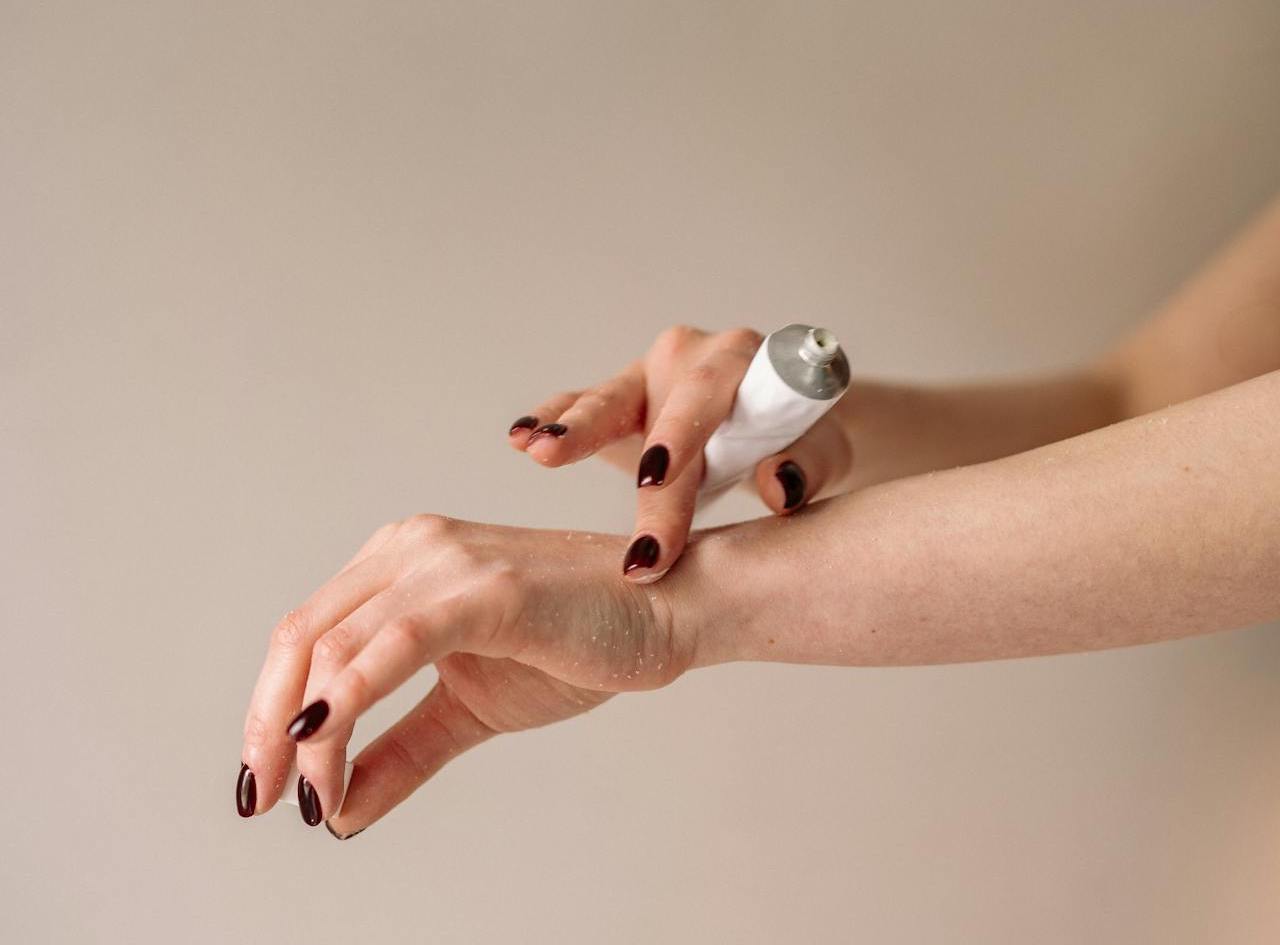
In the world of tattooing, the constant buzzing of the needle and the inevitable pain that comes with it are a given. While some individuals embrace the discomfort as part of the experience, others would prefer a less painful tattoo session.
This is where numbing creams come in. Adellina Tattoo Numbing Cream is one such product that has gained popularity among tattoo enthusiasts. But is it truly effective?
Let's delve deeper into this numbing cream to see if it lives up to its claims.
Adellina Tattoo Numbing Cream
What is Adellina Tattoo Numbing Cream?
Adellina Tattoo Numbing Cream is a topical anesthetic cream specifically formulated to reduce pain during tattoo procedures. It contains Lidocaine, a widely used local anesthetic that works by temporarily blocking pain signals from the nerves to the brain.
While the exact concentration of Lidocaine in Adellina cream is not publicly available, it is important to note that over-the-counter numbing creams typically contain a lower concentration of Lidocaine compared to prescription options.
Does Adellina Tattoo Numbing Cream Work?
There is limited scientific research available specifically on Adellina Tattoo Numbing Cream. However, studies on Lidocaine, the main ingredient, have shown its effectiveness in reducing pain during various procedures, including minor surgeries and dental work.
User experiences with Adellina Tattoo Numbing Cream are generally positive, with many reporting a significant reduction in pain during their tattoo sessions. However, it's important to remember that individual experiences may vary.
Factors like skin sensitivity, tattoo size and location, and needle depth can all influence how well a numbing cream works.
Pros
-
Lidocaine-based: Adellina contains Lidocaine, a well-established topical anesthetic with a proven track record for pain relief.
-
Positive user reviews: Many tattoo enthusiasts report a noticeable reduction in pain while using Adellina Tattoo Numbing Cream.
-
Easy to use: The cream comes in a user-friendly topical application, making it convenient to apply before your tattoo session.
-
Potentially reduces tattoo anxiety: By minimizing pain, Adellina can help alleviate some of the anxiety associated with getting a tattoo.
Cons
-
Limited scientific research: There is a lack of scientific studies specifically on Adellina Tattoo Numbing Cream's efficacy.
-
Lower Lidocaine concentration (compared to prescription): Over-the-counter numbing creams, like Adellina, typically have a lower concentration of Lidocaine than prescription options. This may affect its effectiveness for some users.
-
Potential for allergic reaction: As with any topical medication, there's a chance of experiencing an allergic reaction to Lidocaine or other ingredients in the cream. A patch test is recommended before applying it to a larger area of skin.
-
Numbness may affect the tattooing process: Excessive numbness could make it difficult for the tattoo artist to feel your skin and precisely place the ink.
Important Information to Consider
-
Always follow the manufacturer's instructions for application and dosage.
-
Do a patch test before applying the cream to a larger area of skin.
-
Inform your tattoo artist that you will be using a numbing cream.
-
While numbing creams can reduce pain, they may not eliminate it completely.
-
Pregnant or breastfeeding women and individuals with certain medical conditions should consult a doctor before using any numbing cream.
Is Adellina Tattoo Numbing Cream the Right Choice for You?
Adellina Tattoo Numbing Cream can be a valuable tool for those who want to reduce pain during their tattoo session. However, it's not a guaranteed pain-free experience. If you are considering using Adellina cream, weigh the pros and cons, and discuss it with your tattoo artist beforehand.
Remember, a reputable tattoo artist will prioritize your comfort and safety throughout the tattooing process.
Conclusion
While Adellina Tattoo Numbing Cream shows promise as a numbing solution, it's not a one-size-fits-all answer. Consider your pain tolerance, consult your doctor if needed, and have an open conversation with your tattoo artist to determine if this cream is the right choice for you.
Remember, a comfortable and positive tattoo experience is all about effective communication and choosing the tools that best suit your needs.
* This is a contributed article and this content does not necessarily represent the views of beautyworldnews.com